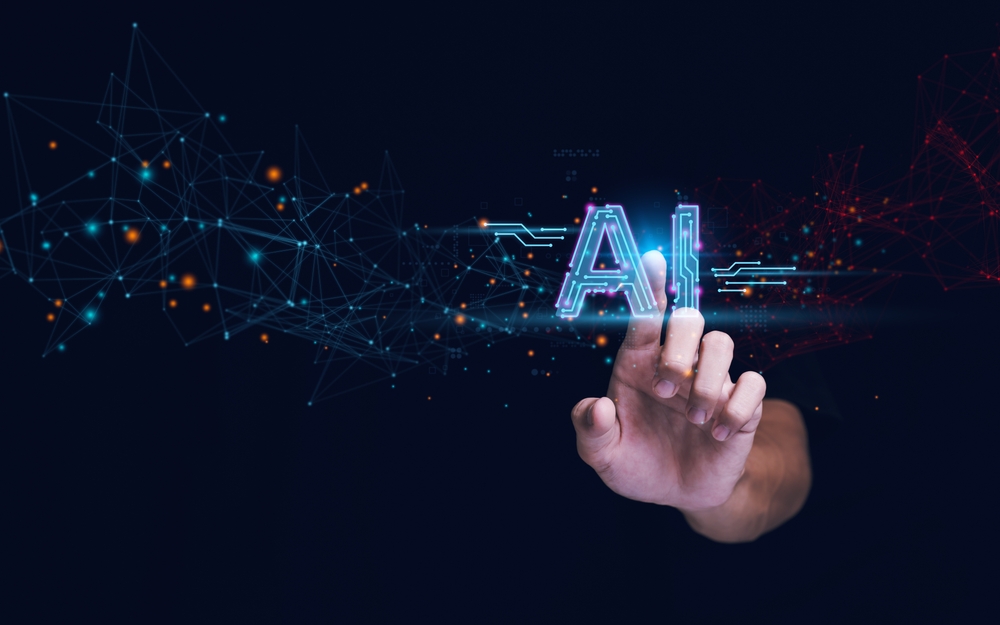In a recent event, the US Securities and Exchange Commission (SEC) chair Gary Gensler warned against artificial intelligence dominance of the investment pitches. The chair asserted that regulators are expressing concerns over the excitement surrounding artificial intelligence (AI), given the inherent conflicts of interest and susceptibility to bias.
The embattled boss of the securities watchdog sounded another alarm warning that the rapid development of artificial intelligence could leave financial markets vulnerable.
Regulator Warns Against AI Washing Investment
Gensler indicated in his Wednesday, December 6, address in the Balancing Innovation & Regulation the need for a cautious integration of AI. He informed the audiences at the Washington DC AI event organized by The Messenger that participants should prioritize regulatory compliance.
Parties seeking to raise money through public offers are subject to the provisions of securities laws. As such, the parties should embrace truthful and fair disclosure for investors to make informed decisions.
Greenwashing involves making falsified and exaggerated claims regarding the governance social and environmental practices dubbed ESG to portray the project as more attractive.
SEC’s chair reiterated a previous warning issued by the SEC that greenwashing is often destructive to investors as it masks actual risks in the asset pricing relative to the promised rewards.
Gensler indicated that the hype exhibited by AI converts the technology into having a similar distraction. He added that the securities regulator is concerned about potential fraud and markets regarding the macro issue.
Gensler urged global conversation regarding the AI threats to wash the investment pitches beyond the financial regulators’ scope.
While generative AI has the potential to mimic one’s speech patterns and writing style, SEC’s chief indicated that the human operating the machine is answerable for the financial crimes orchestrated by the Chatbot.
Gensler indicated that fraud involves criminal conduct regardless of the mode utilized in defrauding the public. He added that artificial intelligence, as the Commission knows it, still relies upon humans in its loop. He somewhat jokingly acknowledged that human involvement in AI-orchestrated fraud may not be necessary.
SEC’s Chair Warns Against Personal Bias in AI
Gensler admitted unawareness of when to realize the Sarah Connor days about the iconic character that Linda Hamiton played in the Terminator film.
Nonetheless, humans are feeding prompts into the AI model in a setting he identified as hyperparameters. Such indicates that humans still exercise responsibility for the roles executed via AI.
Gensler emphasized that AI integration in finance often harbors vulnerabilities to personal bias and developers’ conflicting interests when training data.
Gensler decried that the reliance on uniform and centralized datasets, could translate to market instability due to the absence of decision-making diversity.
Gensler indicated the probability of primary market elements relying on mortgage data could drive the investment sector off the inadvertent cliff.
AI Development to Slow Leaving Few Dominant Players
The global technology space has seen more AI developers sprout, with tech titans committing significant investments. Gensler opined that less fragmented data would emerge as the AI models decline to three dominant players.
Gensler indicated that accelerated AI development is a typical process in the early phases of any technology. He observed that network economics would dictate the run of play, considering that most actors rely on three dominant foundations, thereby the AI supply chain.
Gensler indicated that fintech startups, like small managers and community banks, lack the resources and magnitude to build huge models. Consequently, they often rely upon the existing models that ultimately become the dominant foundations.
Gensler echoed his September pronouncements that mirrored the concerns shared by government officials about the adverse impact of generative AI, citing AI-generated deep fakes.
Gensler warned in September when testifying before the US Senate Banking Committee that AI deep fakes posed the most significant risk of dislodging the financial markets. He cited that an AI-generated deepfake indicated that the SEC chair had attempted to manipulate the US stock market earlier.
Gensler vouched for the US regulatory framework as good, though threatened by the new technologies. He warned that those leveraging the AI and delivering deep fakes within the market pose a real risk to the investment sector and beyond.
